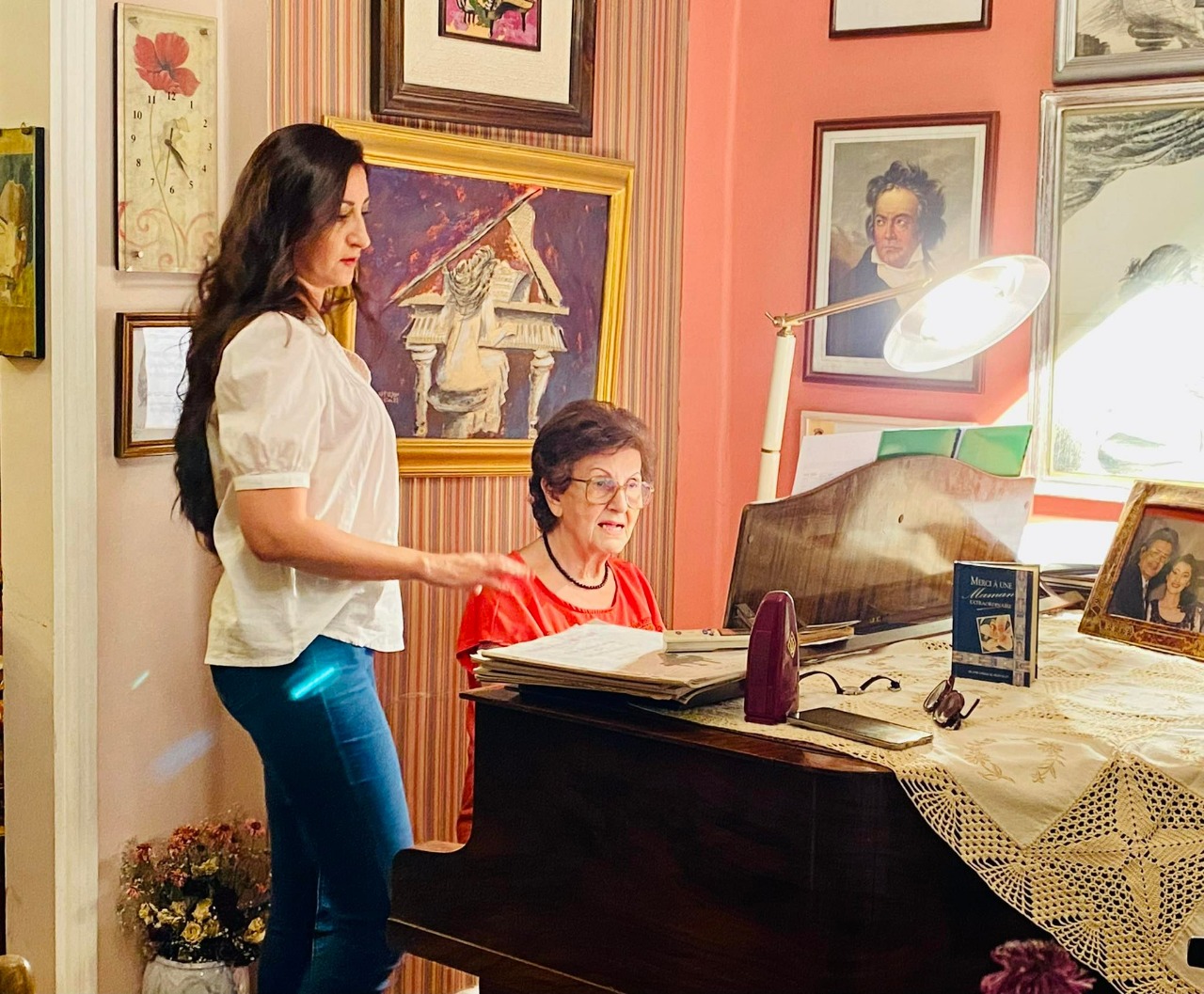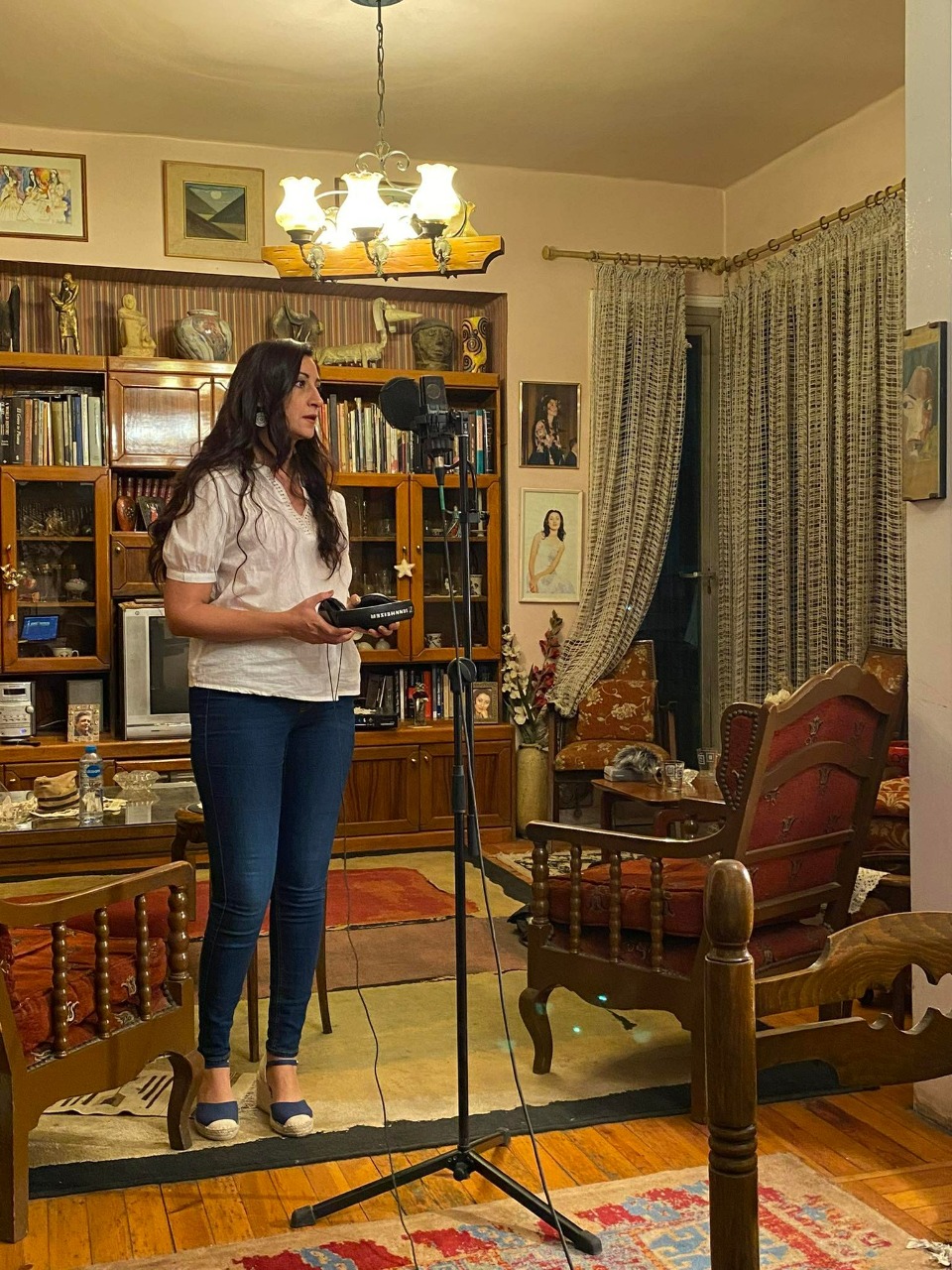Since 2006, the international soprano Amira Selim works with her mother, the pioneering Egyptian pianist Marcel Matti, on a different musical work by the people’s artist Sayed Darwish, whom she has been in love with his music since the beginning of her artistic career. For he is the rejuvenator of music, the source of the musical renaissance in Egypt and the Arab world, one of the greatest composers of Egypt in the early twentieth century, and the father of musical theater in Egypt.

Amira said, “Throughout my life, I loved Sayed Darwish’s music and songs, and I consider him the best composer who was able to strongly embody the Egyptian identity in his songs and melodies, and at the same time expresses modernity and the distinguished spirit that may have preceded his era, and therefore his tunes still live among us until now.”
She added, “Therefore, I began with my mother, Marcel Matti, to choose the work that I could commemorate this great musician with, as we began working on it in 2006. I presented excerpts from it in my concerts in Europe until I recorded the song “Eh El Ebara” in the studio last June so that we can work on it in a better way? More professional, to be the first video clip I present in honor of the history of this great musician, accompanied by my mother playing the piano, without words but through my voice, and “Eh El Ebara” is one of Sayed Darwish’s most important musical songs.
Regarding her cooperation with her mother, she said, “One of the most beautiful things is that I participated with my mother in presenting this project, both since its construction from its beginning years ago, and until the day of the recording. My mother has on her shoulders the history of music in Egypt from its beginning. The Conservatoire at the Academy of Arts, the first head of the piano department at the institute, the first Egyptian soloist to play at the ancient Egyptian Opera House, and the first Egyptian pianist to play with the Cairo Symphony Orchestra, and until now she is a teacher for generations of musicians. I am proud of her and I am definitely working with her on this project that I am presenting to the public for the first time as well.”

While Marcel Matti said, “Starting in 2004, Amira expressed her desire to sing works for the soprano voice that express the Egyptian character and spirit to sing in her concerts in Europe, and during her stay in France, she asked me to write songs for Sayed Darwish because she loves his music, and she chose the song “Eh El Ebara”? It is full of beautiful lyrical phrases, as I play them. I studied musical composition, I especially love Egyptian composers, and I was the first to play piano pieces for them. Therefore, I am very happy that I write for my daughter’s voice and play with her as well, which is the best gift for me in my artistic life.”



